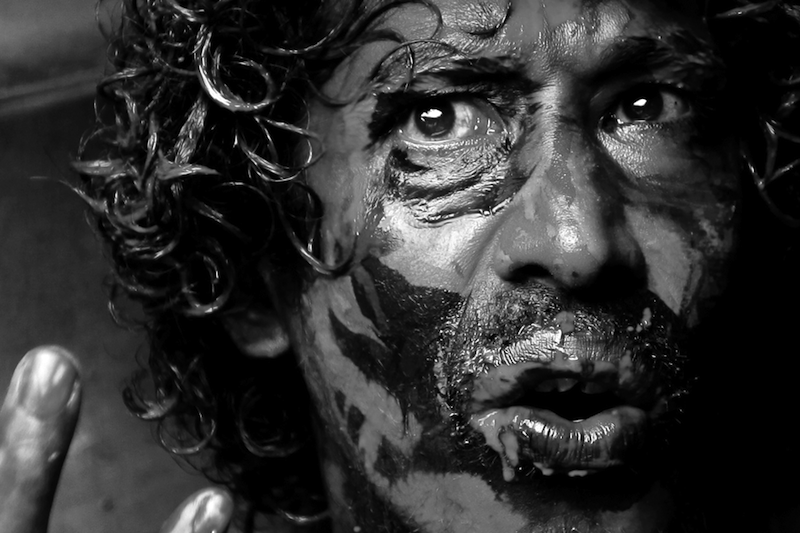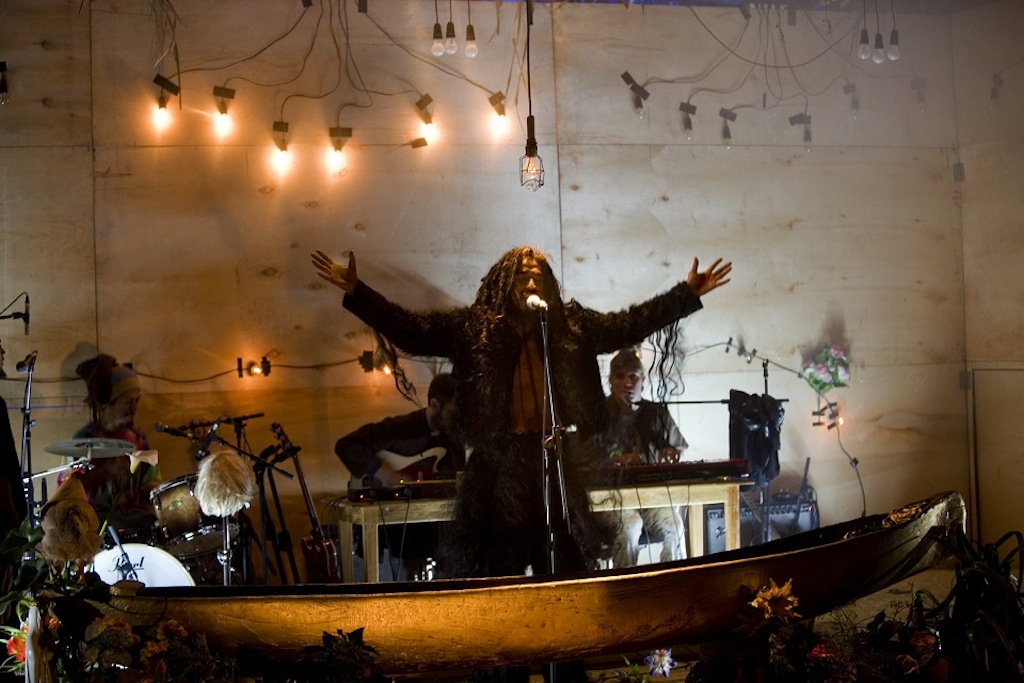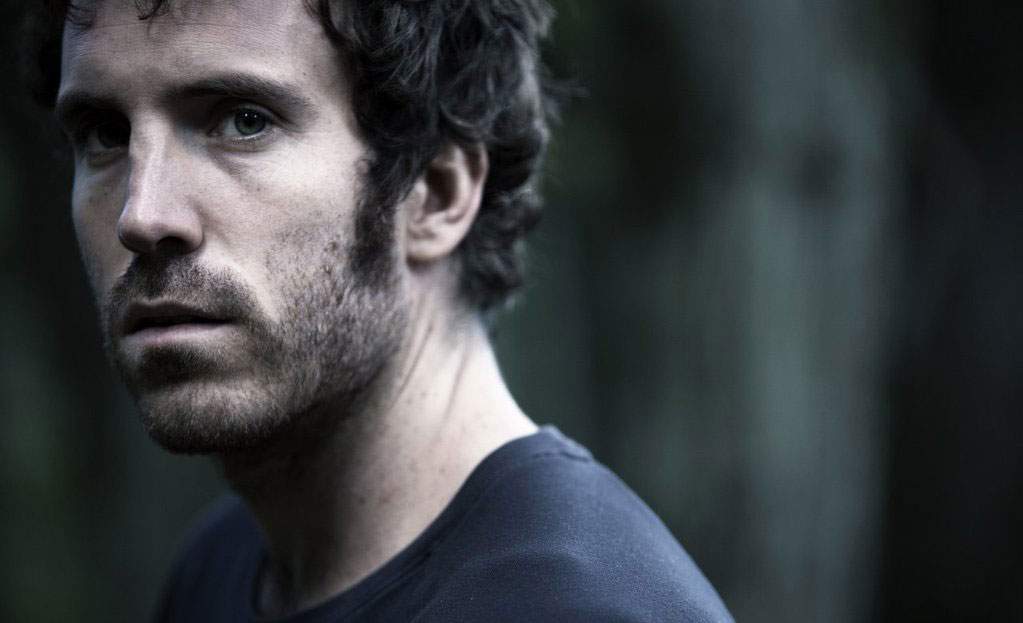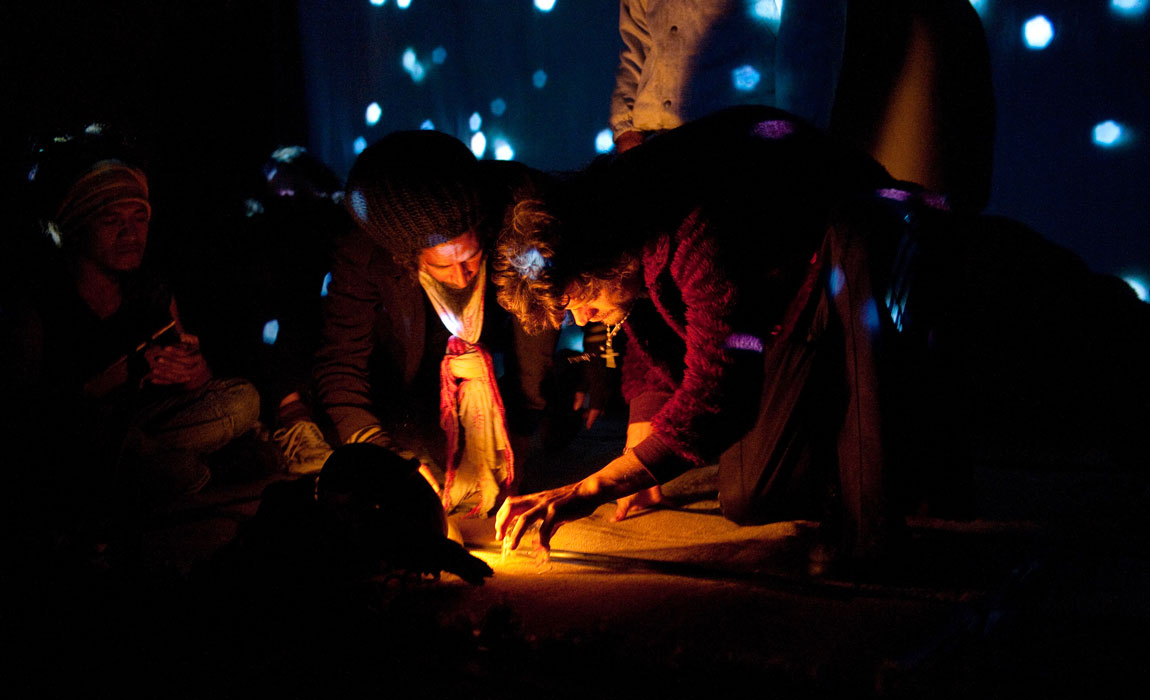Concrete Playground Meets Actor and Doku Rai Director Thomas M. Wright
The Top of the Lake actor worked with creatives in Timor-Leste for a thrilling new work.
Thomas M. Wright, director of Doku Rai (you, dead man, I don't believe you), prefaces our interview with a disclaimer. "The difficult thing to begin, with talking about Doku Rai, is to acknowledge that we can only ever scrape the surface," he asserts, caffeine-eyed after "seven hours' sleep over the past four days".
"Talking to me about this production is like talking to one angle of a cut stone. You're only going to see it through my prism. Every time I talk with others involved, the number of refractions is just infinite. You'll hear every event from a different perspective. The stories are limitless."
Doku Rai is a collaboration between Melbourne's Black Lung Theatre and Whaling Firm and "East Timorese rock gods" Liurai Fo'er and Galaxy. It opened last year at Darwin Festival, Melbourne Arts House and Adelaide Festival. Having appeared at Brisbane Festival last week, it will come to Carriageworks on 25-28 September. As well as being a co-founder of the Black Lung and renowned theatre actor, you might remember Wright for his role as Johnno Mitcham in Jane Campion's Top of the Lake, for which he received a Best Supporting Actor nomination at the 2013 US Critics' Choice Awards.

AN ABANDONED HOTEL, A REMOTE ISLAND
Doku Rai is the first ever international theatre production to emerge from Timor-Leste. Conceived in 1999 when Wright met East Timorese actor, rock star and ex-guerrilla fighter Osme Gonsalves on the set of Balibo, it came to fruition 18 months ago. For 60 days, 30 Australian and East Timorese creatives holed themselves up in an abandoned colonial motel on the volcanic island of Atauro. Their mission: to create an epic work of cross-cultural collaboration; their method: undecided.
"The word confronting doesn't even begin to describe the process of making this work," Wright says. "The writing was very complex. It took a lot of different forms — slabs of text from anecdotes, personal conversations, improvisation, individuals' writing, writing that already existed — interwoven in a way that an audience can only sense, and not really know, because there are so many circumstances, histories, myths and real events. But that's what gives it its sense of depth."

TWO BROTHERS, A CURSE AND A DEATHLESS MURDER
At Doku Rai's core is the "mythical structure" of two brothers, a curse and a man who is killed but cannot die. "A doku is a curse — a weapon — that has been used through the past twelve generations or more of occupied Timorese," Wright explains. "It's a tool by which, in a ceremony, you take all the coherence from a person, you rob them of their faculties, and that makes them vulnerable for you to do what you will with them.
"Literally, the act of doku is 'turning over'. So, you set a table for a meal, with a place set for the absent person. You all share in the food, and at the end, you perform a ceremony. You cut open the liver of a chicken to get an augury and then turn the absent guest's plate, bowl and glass upside down. That is the acting of the curse. 'Rai' means earth, soil, so Doku Rai means 'to curse the earth', or 'the turning of the earth'."


SHATTERING PATERNAL ASSUMPTIONS
With this imagery at its dark heart, Doku Rai is driven by the personal, rather than the political. Unconfined by a linear narrative or governing aesthetic, it combines rock music, multimedia, unexpected dashes of black humour and a surprise guest, in the form of a live rooster, in an indefinite setting.
"It has moorings in the world of East Timor and echoes of the Portuguese colonial past, but it's a fictional reality," Wright explains. "It has, certainly not aesthetic echoes of the Australian engagement, but thematic ties ... In Australia, we do have a very condescending, very paternal relationship with a lot of our neighbours. And we wanted to shatter that — to make something on purely personal terms. We know that the political implications and political realities are all there; we don't need to foreground them. They take care of themselves, just by dealing with personal stories.
Beyond [Doku Rai] is a three-dimensional, constantly evolving life, with a past that goes back a long way and a future that also extends outward. There is certainly a responsibility with the audience to invest - to place themselves into scenarios and to consider the real people and the circumstances behind the making of the work. No matter how interesting and taut and strong a work we make, it's only ever going to be as interesting as the process of making it, at best."


REHEARSING THROUGH BLACK OUTS AND GUN BATTLES
That process was about as "interesting" as it gets. Wright and his team battled black outs, water shortages and gun battles. "When we did the show in Dili," he recalls, "we had to do it in very reduced circumstances, because there was a total 'no movement' order issued by the Department of Foreign Affairs and Trade. Violence had broken out following an election, which was very, very frightening. Half of us were stranded on the island and half of us were in lockdown in a house which was isolated down a corridor of gangs in Dili. Our producer, Alex Ben-Mayor, had to drive through a gun fight. Two of the students of our production members were shot in the head and killed by police."
That's but a microcosm of what daily life in East Timor can entail. "To be honest, and to be clear, their stories are screaming to be told," Wright asserts. "We've told our stories for years and years and years."

Doku Rai (you, dead man, i don't believe you) will show at Carriageworks between Wednesday September 25 and Saturday September 28, 2013. Shows start at 8pm, plus there's an additional 2pm matinee on Saturday September 28. Tickets, $35, are available online.







